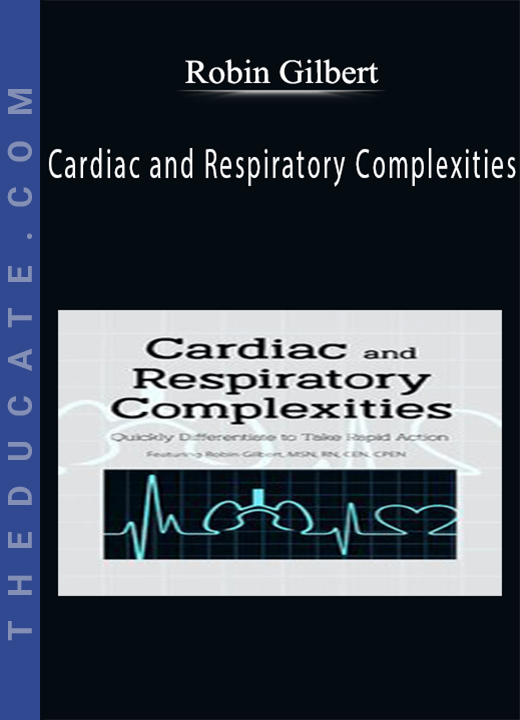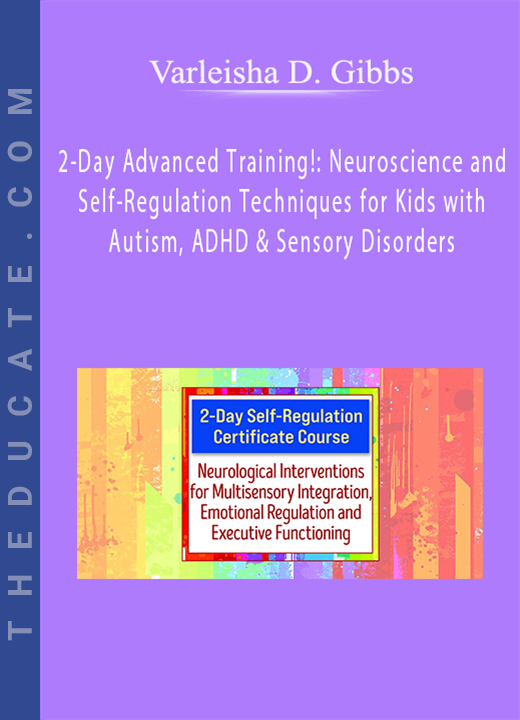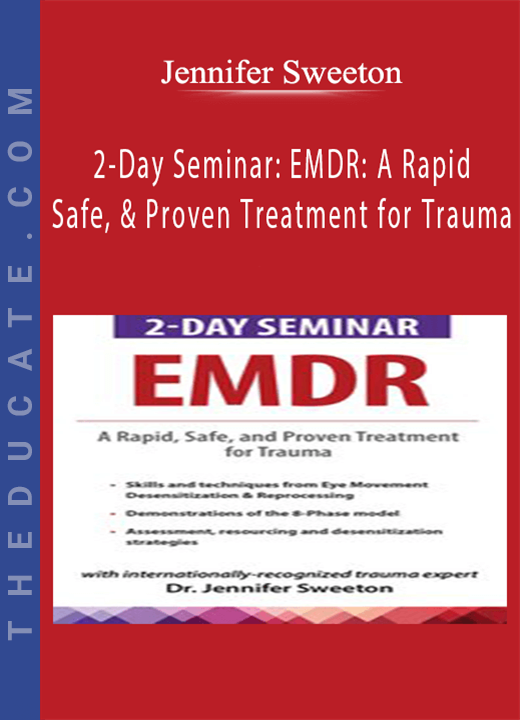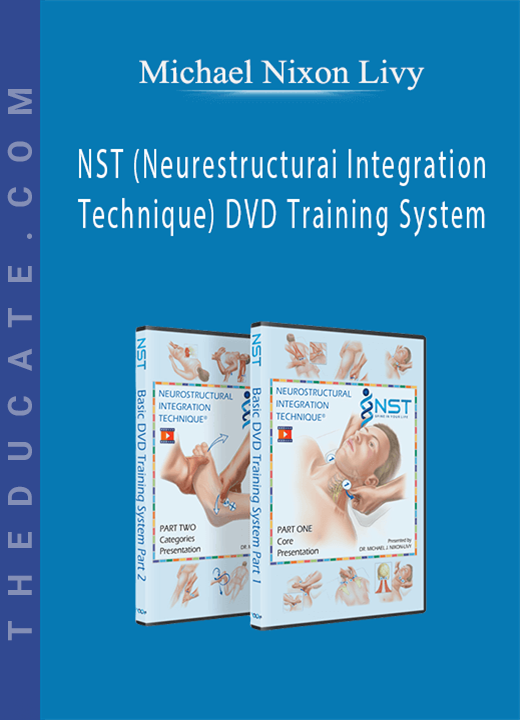Description

Cardiac and Respiratory Complexities: Quickly Differentiate to Take Rapid Action – Robin Gilbert
- The BEST strategies to de-mystify the ECG findings
- Making sense of cardiac medications
- Hemodynamics: Improve your confidence interpreting results
- Early signs of clinical deterioration: How did the clues get missed?
- Critical steps to manage fluid and electrolyte levels
- ABGs made easy
- Pacing devices & other interventions: What’s trending
- CPAP, BiPAP, and ventilators
You are assessing the patient who just returned from endoscopy following a foreign body removal. The patient is complaining of his throat itching. On assessment, his vital signs are normal, but he appears anxious. Is this normal following the procedure? Do you put him on a cardiac monitor? Should you call a rapid response?
We have all been faced with the clinical dilemma when our patient has rapidly progressing dyspnea, tachypnea, fever, cough, and chest pain. What is happening? Distinguishing between heart failure, pneumonia, and ARDS can be difficult. Did you know that COPD could mask a pulmonary embolism? When your patient is wheezing, do you make the assumption it is asthma? Or could the presentation be caused by heart failure or an allergic reaction?
Attending this conference will provide you with the confidence to recognize early and identify appropriate interventions to prevent further deterioration. We will discuss when non-invasive ventilation devices should – and should not – be used. If you are still struggling with blood gases, don’t let blood gases intimidate you! Learn quick and easy ways to interpret ABG results. You will learn from actual patient stories to illustrate the complexities and co-morbidities of cardiac and respiratory diagnoses!
- Breakdown the nursing assessment for patients with airway or ventilatory problems.
- Evaluate the pathophysiologic changes that occur causing the signs and symptoms associated with airway or ventilatory problems.
- Determine appropriate interventions for airway or ventilatory problems.
- Inspect the difference between ventilator modes and the use of NPPV.
- Evaluate appropriate treatment strategies for high-risk ECG findings.
- Plan for emerging treatments in heart failure.
- Analyze management options for acute coronary syndromes.
- Communicate the diagnosis, evaluation, and management of inflammatory cardiac disease
Hemodynamics
- Do you need a Swan-Ganz?
- Preload/Afterload
- Contractility
- Cardiac output
- Cardiac index
- Mean arterial pressure
Respiratory Diagnoses
- Will the real cause of SOB please stand up: Complicating the respiratory diagnosis
- Clinical presentation, signs/symptoms, interventions, management of:
- Pneumonia
- Asthma
- COPD
- Acute Respiratory Distress Syndrome
- Pulmonary embolism (Air, Fat, Amniotic)
- Anaphylaxis
- Acute Respiratory Failure
- Pleural effusions
- Pneumothorax
- Foreign body aspiration
Respiratory Interventions and Medications
- Pharmacology
- ABGs: Simplifying the numbers
- Chest Tubes: Indications, set-up, troubleshooting
- Capnography: Interpreting what it tells us
- Ventilation and NPPV basics: Modes of ventilation and appropriate uses
Cardiac Diagnoses
- Bradycardic & tachycardic rhythms: Essentials that you need to know
- Is This Patient Having an MI?
- Pericarditis
- Myocarditis
- Endocarditis
- Etiology, Clinical Presentation, ECG changes, Treatment
- Aortic Stenosis
- Heart Failure
- Current best practice recommendations
- Long-term prognosis
Acute Coronary Syndrome
- Unstable Angina
- STEMI
- Non-STEMI
- Differentiating the Three
Cardiac Interventions and Medications
- Pharmacology
- Vasopressors vs. Inotropes Ace Inhibitors, Beta blockers
- Anticoagulants
- Stabilization & Treatment procedures
- Stents, CABG, LVADS
- What’s Trending? Current trending technology
- Case Presentations & Identify Probable Diagnosis







7 reviews for Cardiac and Respiratory Complexities: Quickly Differentiate to Take Rapid Action – Robin Gilbert
There are no reviews yet.